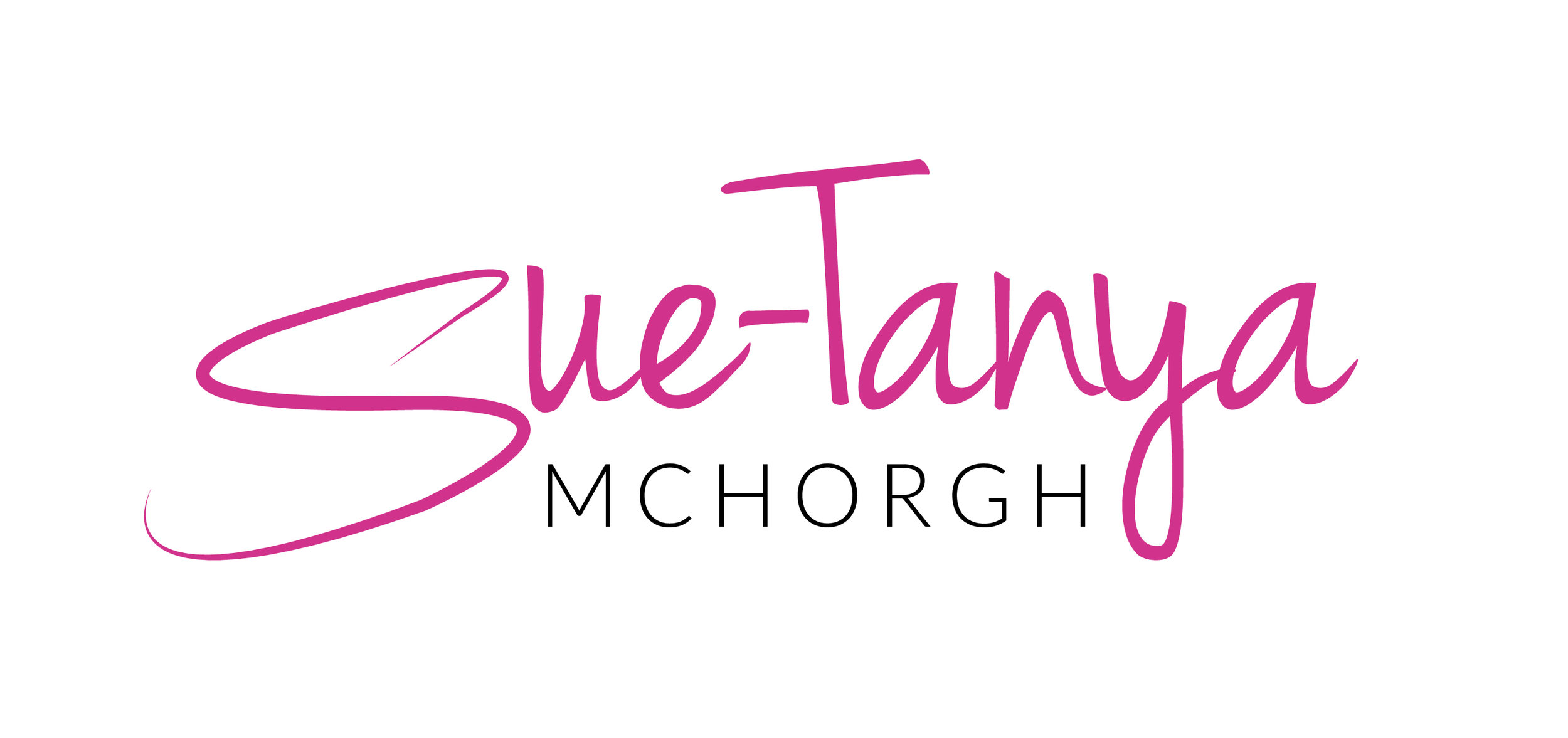The Dangers of Obsession with Control: How It Can Destroy Your Life
In a world filled with uncertainty and unpredictability, it's natural to seek a sense of control over our lives. However, when this desire for control becomes an obsession, it can have detrimental effects on our well-being and relationships. In this blog, we'll explore the dangers of an unhealthy fixation on control and how it can lead to self-destruction.
The Illusion of Control: At its core, the obsession with control stems from a fear of the unknown and a desire to mitigate risk. We convince ourselves that if we can control every aspect of our lives, we'll be safe from harm and disappointment. However, this belief is nothing more than an illusion. The reality is that there are countless variables outside of our control, and attempting to micromanage every detail is futile.
Impact on Mental Health: Obsession with control can take a severe toll on our mental health. Constantly striving for perfection and micromanaging every aspect of our lives leads to chronic stress, anxiety, and burnout. The pressure to maintain control becomes overwhelming, leading to feelings of inadequacy and failure when things inevitably don't go according to plan. This vicious cycle can spiral into depression and other mental health issues.
Strained Relationships: One of the most significant casualties of an obsession with control is our relationships. Whether it's romantic partnerships, friendships, or family dynamics, the need to control every aspect can alienate those closest to us. Constantly dictating how others should behave or trying to orchestrate every interaction stifles genuine connection and intimacy. Trust erodes, communication breaks down, and resentment builds, ultimately driving loved ones away.
Missed Opportunities for Growth: Ironically, the relentless pursuit of control often prevents us from experiencing true growth and fulfillment. By rigidly adhering to our plans and expectations, we close ourselves off to new experiences and opportunities for learning. Life's greatest lessons often come from embracing uncertainty and stepping outside of our comfort zones. When we cling too tightly to control, we limit our potential for personal and professional development.
Finding Balance and Letting Go: Breaking free from the grip of control requires a willingness to surrender to the natural ebb and flow of life. It's about acknowledging that uncertainty is inevitable and learning to embrace it rather than fear it. Cultivating mindfulness, practicing self-compassion, and relinquishing the need for perfection are crucial steps in finding balance.
An obsession with control may provide a temporary sense of security, but in the long run, it can lead to profound unhappiness and dissatisfaction. By recognizing the dangers of this destructive mindset and embracing a more flexible and accepting approach to life, we can experience greater peace, fulfillment, and authentic connections with others. Letting go of control doesn't mean giving up; it means trusting in the inherent wisdom of life's unfolding journey.

